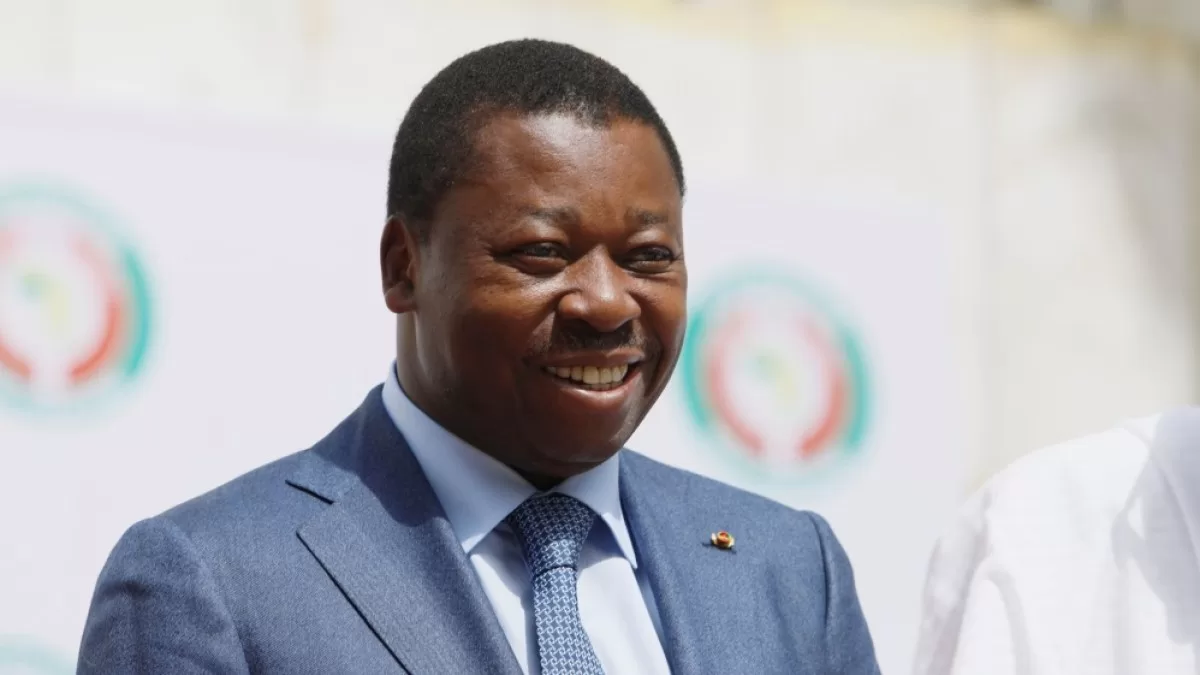Those opposed to the changes fear they could allow further extensions to President Faure Gnassingbe’s rule.
Togo’s parliament had already adopted the amendments on March 25, but the reforms led to an opposition backlash so President Faure Gnassingbe called for further consultations and a second parliamentary vote.
The lawmakers gave final approval to the reform late on Friday, just days before the April 29 legislative elections that had also been pushed back due to the issues around the constitutional amendments.
The second reading was passed with all 87 politicians present agreeing to the new system, under which the president will no longer be elected by universal suffrage, but by members of parliament.
The amendments also introduced a parliamentary system of government and shortened presidential terms to four years from five with a two-term limit.
It does not take into account the time already spent in office, which could enable Gnassingbe to stay in power until 2033 if he is re-elected in 2025, a highly likely scenario as his party controls parliament.
Those opposed to the changes fear they could allow further extensions of the president’s 19-year rule and his family’s grip on power. His father and predecessor Gnassingbe Eyadema seized power in the coastal West African country via a coup in 1967.
In a statement on Saturday, the Dynamique Pour la Majorité du Peuple (DMP) opposition coalition and other signatories said the constitutional changes were a political manoeuvre to allow Gnassingbe to extend his tenure for life.
“What happened at the National Assembly yesterday is a coup d’etat,” they said.
“Large-scale action will be organised over the next few days to say ‘no’ to this constitution.”
‘To preserve power by any means’
“Togo has just turned a new page on its way towards a more inclusive and participatory democracy. This is a satisfaction and a source of pride for us,” Koumealo Anate, a lawmaker from Gnassingbe’s ruling UNIR party, told reporters after Friday’s vote.
However, a group of 17 civil society organisations said the amendments amount to a “project to … confiscate power by a regime that is systematically opposed to any form of democratic change”, in a joint statement they issued this week. They also called on West Africa’s main political and economic bloc ECOWAS to take action in response.
“Time has shown us that the major concern of his regime is to preserve power by any means,” Nathaniel Olympio, president of the opposition party Parti des Togolais, told the AFP news agency before the vote.
“The function of president of the council gives someone the latitude to exercise power in an unlimited manner, so logically we believe that this is the position that he will hold for himself.”
Several other African countries, including the Central African Republic, Rwanda, Republic of the Congo, Ivory Coast and Guinea, have pushed through constitutional and other legal changes in recent years allowing presidents to extend their terms in office.
The West and Central African region has also witnessed eight military coups in the past three years.
Violent police crackdowns on political demonstrations have been routine under Gnassingbe, as they were during his father’s long rule.
Faure Gnassingbe was last re-elected in a 2020 landslide disputed by the opposition.
The new constitution also creates a new role, president of the council of ministers, with extensive authority to manage government affairs.
